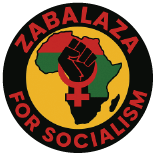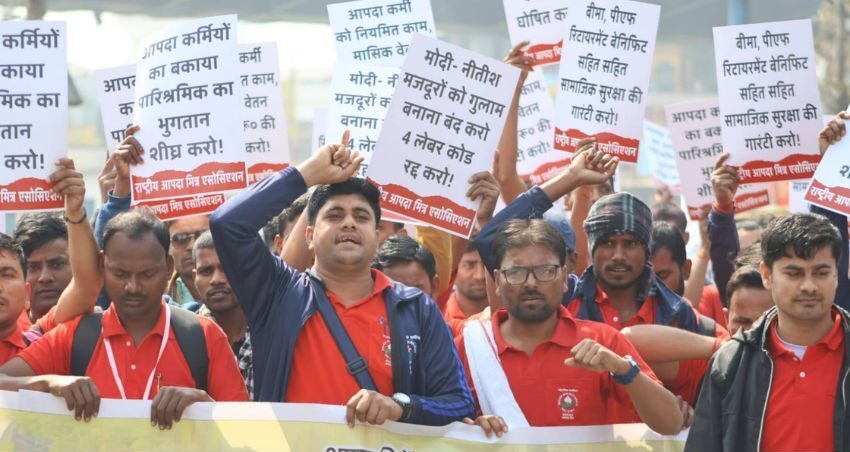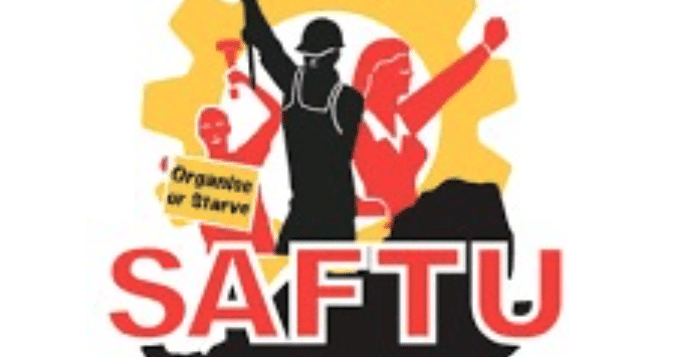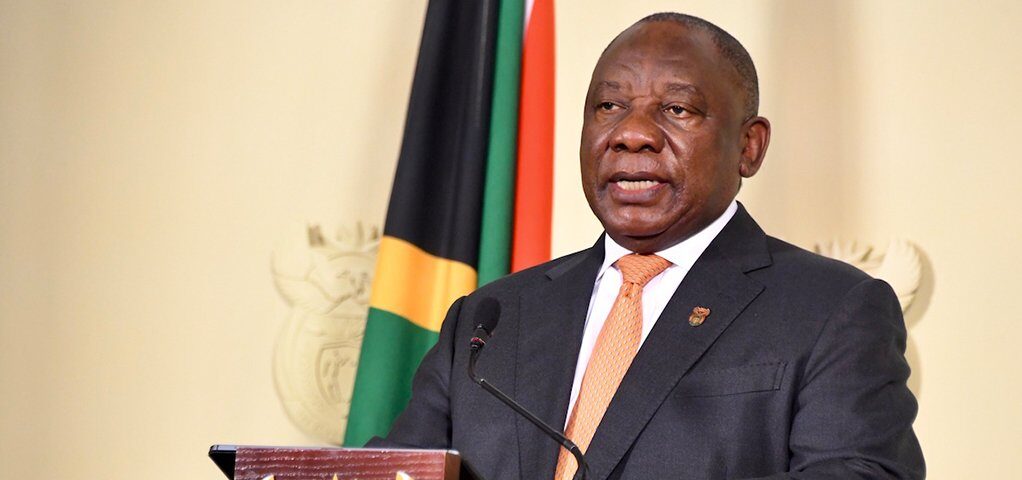Reflections on the SACP’s Decision to Contest Elections Independently
The South African Communist Party’s (SACP) decision to stand independently of the African National Congress (ANC) in the coming local government elections deserves to be welcomed. For decades, independent socialists and other militants have argued that the Party’s subordination within the Tripartite Alliance weakened the political independence of the working class and tied the fate of socialist politics to the fortunes of the ANC. The fact that the SACP has now resolved to stand on its own—even if belatedly—represents a potential step forward in re-conquering the independence of the working class and advancing class politics based on socialist renewal.
The ANC’s political hegemony is broken, its moral authority shredded, its electoral base fractured. Yet the political space that has opened has been filled largely by right-wing forces such as the Democratic Alliance, the Patriotic Alliance and other populist outfits. The left, meanwhile, has become weaker and more fragmented, precisely when the deepening social, economic and political crisis cries out for a clear, class-based alternative.
The question all strands of the left must ask is obvious: why is the left so weak today, given the scale of the crisis facing working-class and poor people? And what can be done to reverse the situation? If the SACP’s electoral turn is to be more than another false start—like NUMSA’s 2013 break from the Alliance that never resulted in a viable workers’ party and was collapsed—then it must be accompanied by deep soul-searching, rigorous debate, and a willingness to rethink political theory and strategy.
Lessons from the Alliance
Any renewal of socialist politics must begin with an honest reckoning of the past. Why did the SACP remain in the Alliance and in government even as the ANC became a vehicle for a predatory elite? Why did it remain loyal when the ANC imposed GEAR, entrenching neoliberalism? Why did it champion Jacob Zuma as a “left alternative” to Mbeki, only to find itself shackled to another corrupt, authoritarian project? Why did it defend the state in the aftermath of the Marikana massacre rather than standing unequivocally with the striking mineworkers?
The answers lie not just in tactical missteps but in the political framework that has guided the SACP for decades—shaped above all by Stalinism, and only partially challenged by renewalists like Joe Slovo, Ruth First and Chris Hani.
Stalinism and Vanguardism
One root problem is the continued hold of Stalinist ideas. After the fall of the USSR, Slovo warned against bureaucratism and affirmed democracy as central to socialism in his paper Has Socialism Failed? Yet there was never a thorough reckoning with the Party’s core strategy.
The SACP retained a dogmatic conception of itself as the “vanguard of the working class.” This bureaucratic model substitutes an enlightened elite for the conscious self-activity of the masses, blurring the distinction between the role of the party and the role of the class.
This runs against Marx’s insistence that “the emancipation of the working class must be the act of the working class itself.” By confusing its own institutional survival with the interests of the working class, the SACP weakened resistance to neoliberal restructuring and undermined the principle that socialism means freedom—the democratic transformation of all aspects of society.
Stageism and the National Democratic Revolution
A second weakness lies in the Party’s conception of the “national democratic revolution” (NDR). Developed in the Stalinist era of the Comintern, it entrenched a rigid two-stage theory of revolution: first, a “national democratic” stage; later, a “socialist” stage. In South Africa, this was tied to the idea that apartheid was a “colony of a special type.”
While this framework acknowledged the importance of national and democratic struggles, it obscured the extent to which racial oppression was integral to capitalist accumulation. Thinkers like Harold Wolpe, Martin Legassick and Neville Alexander showed that racial capitalism cannot be reduced to “two economies” but must be understood through combined and uneven development—where the wealth of the “first world” enclaves depended on the underdevelopment of the townships and rural peripheries.
This stageist conception led the SACP to see deracialised capitalism as a stepping-stone to socialism, rather than a barrier to transformation. The failure of the transition since 1994 confirms the flaw: taking over the apartheid state and attempting to deracialise capitalism did not open the road to socialism—it blocked it.
Bureaucracy and the Petty Bourgeoisie
The SACP also underestimated the corrosive role of the post-apartheid petty bourgeoisie. Frantz Fanon’s critique of the “national bourgeoisie” proved prescient. Party leaders in parliament, government and the trade unions were incorporated into the new elite through salaries, perks and patronage. This created conflicts of interest that disposed them to defend the status quo rather than lead struggles against neoliberal globalisation.
Internationalism and Campism
Another weakness has been the SACP’s distorted internationalism. Shaped by “campist” politics, it often subordinated solidarity to the defence of authoritarian regimes opposed to the US. This meant ignoring or even opposing genuine struggles from below—from workers’ revolts in Eastern Europe to uprisings in Syria and Iran. Even today, the Party struggles to critique Russia’s invasion of Ukraine, equating opposition to Putin with support for NATO.
True internationalism requires rejecting both imperialist camps and standing with workers and oppressed peoples everywhere.
Towards Socialist Renewal
The SACP’s electoral turn could be the spark for a new chapter, but only if it is part of a broader renewal of socialist politics, rooted in democracy, mass self-organisation and unity in struggle. This means:
- Reaffirming democracy as the essence of socialism.
- Recognising the plurality of the left and building united fronts.
- Rebuilding mass organisations and grassroots mobilisation.
- Uniting struggles around immediate class demands—jobs, basic income, land reform, housing, services—while fighting sexism, racism, xenophobia and ecological destruction.
- Reclaiming internationalism as solidarity from below, not alignment with authoritarian states.
A Moment of Possibility
The SACP’s decision to contest elections independently is long overdue. But if it becomes another vehicle for elite careers, it will sink into irrelevance. If, however, it sparks a deep reckoning with the Party’s legacy and bureaucratic habits, it could open the way for genuine renewal.
South Africa faces profound crisis—mass unemployment, collapsing services, inequality, gender violence, xenophobia, and ecological breakdown. The ANC has no answers. Right-wing populists offer only scapegoating.
The working class remains the only force capable of leading society out of this dead end. The choice before the SACP is clear: cling to old dogmas and repeat past errors, or embrace socialist renewal and help forge a democratic, militant left for the twenty-first century.













